William Fellows, a Principal Analyst, at 451 Group has just published a report on Cloud Computing. It’s one of the better reports I’ve seen and well worth a read (you can purchase it here).
William defines clouds as having the following attributes:
- Clouds enforce the discipline of a retail model
- Clouds have APIs. If there is no API, then it is not a service
- Clouds virtualize resources (e.g., CPU, storage) as a service
- Clouds are self-service
- Clouds enable resources to be consolidated
- Clouds are flexible
- Clouds are available on-demand
- Clouds are self-healing
- Clouds are SLA-driven
We think William’s criteria provide a good acid test to determine if a service really delivers the true promise of cloud computing. However, it’s also important to consider what types of applications you can run in the cloud. Too many of the current service providers have a proprietary model which doesn’t allow standard multi-tier applications written on Windows or Linux to be run in the cloud without major modifications. In addition to an API, we think it’s also important to have a self-service UI so an organization doesn’t need a team of technical support staff to integrate into the cloud.
Skytap enables our customers to take advantage of cloud computing now for application development, test, training and demo environments – any workload that necessitates dynamically spinning up and tearing down environments quickly and easily.
It’s great to see some consensus around the definition of a cloud-based service and, more importantly, to see exciting progress in the industry to realize the vision of true utility computing.
